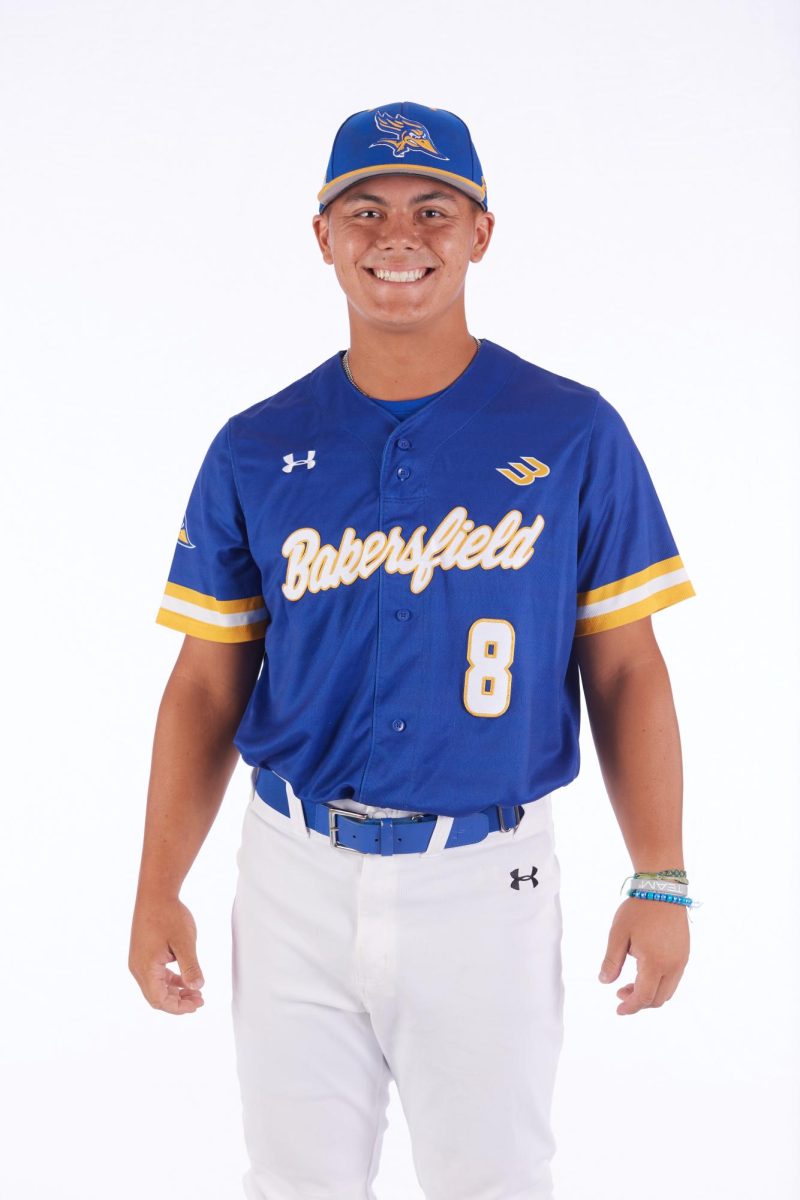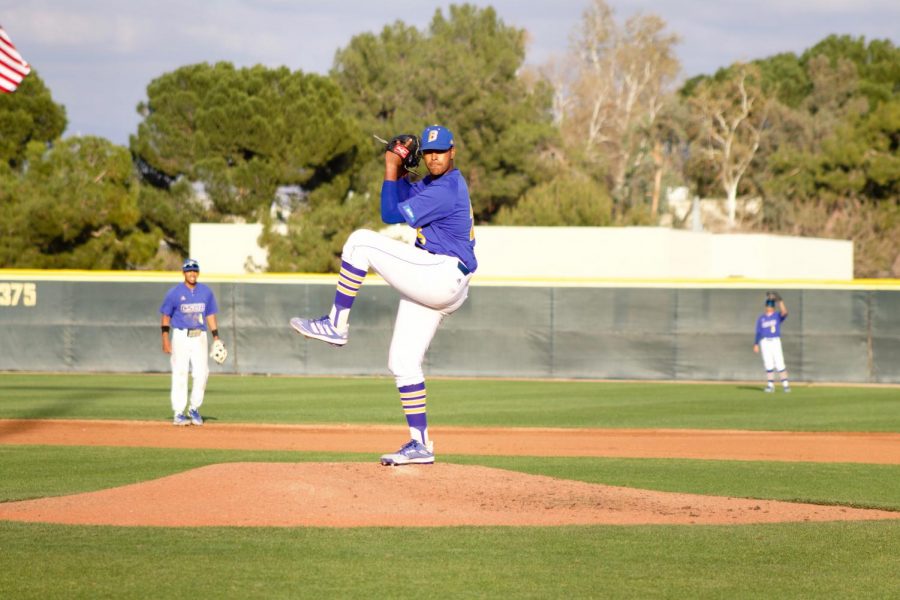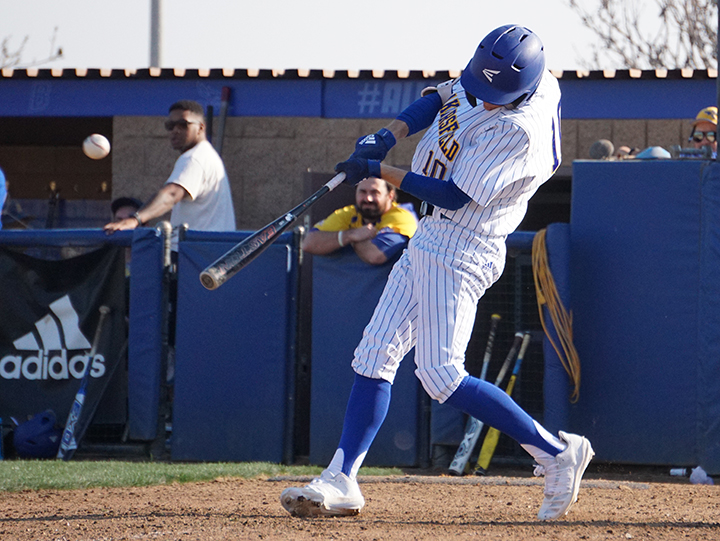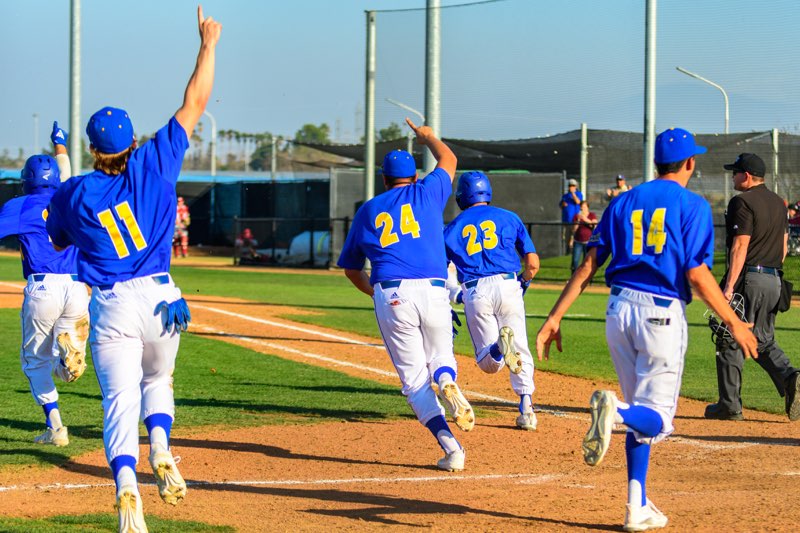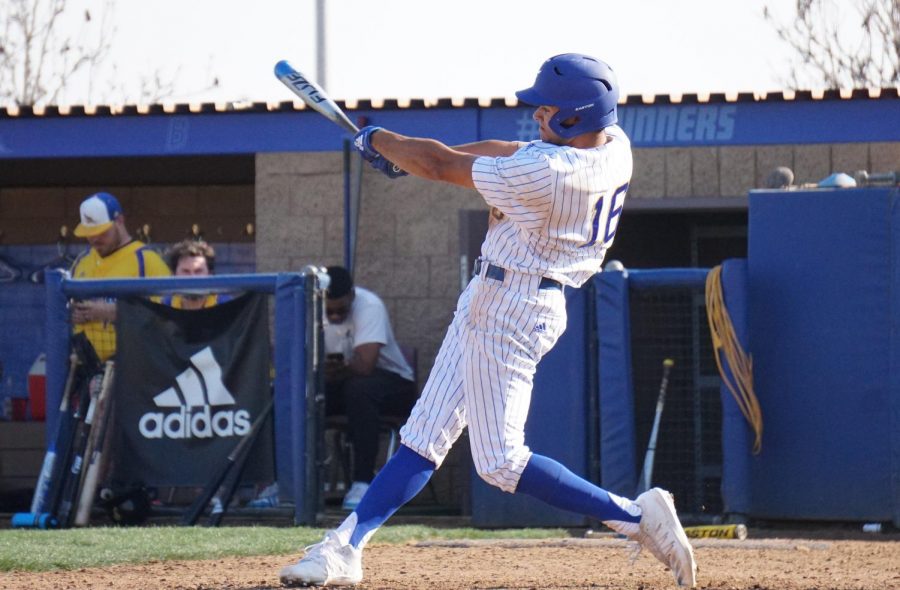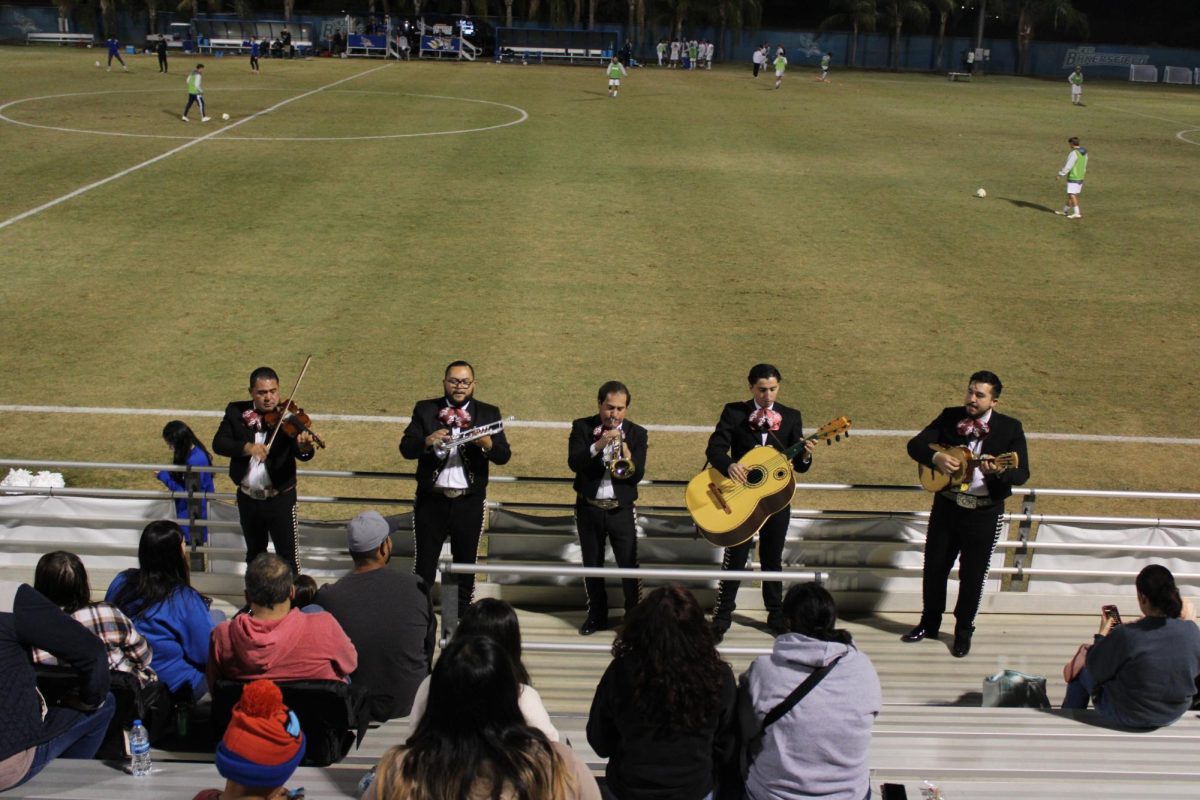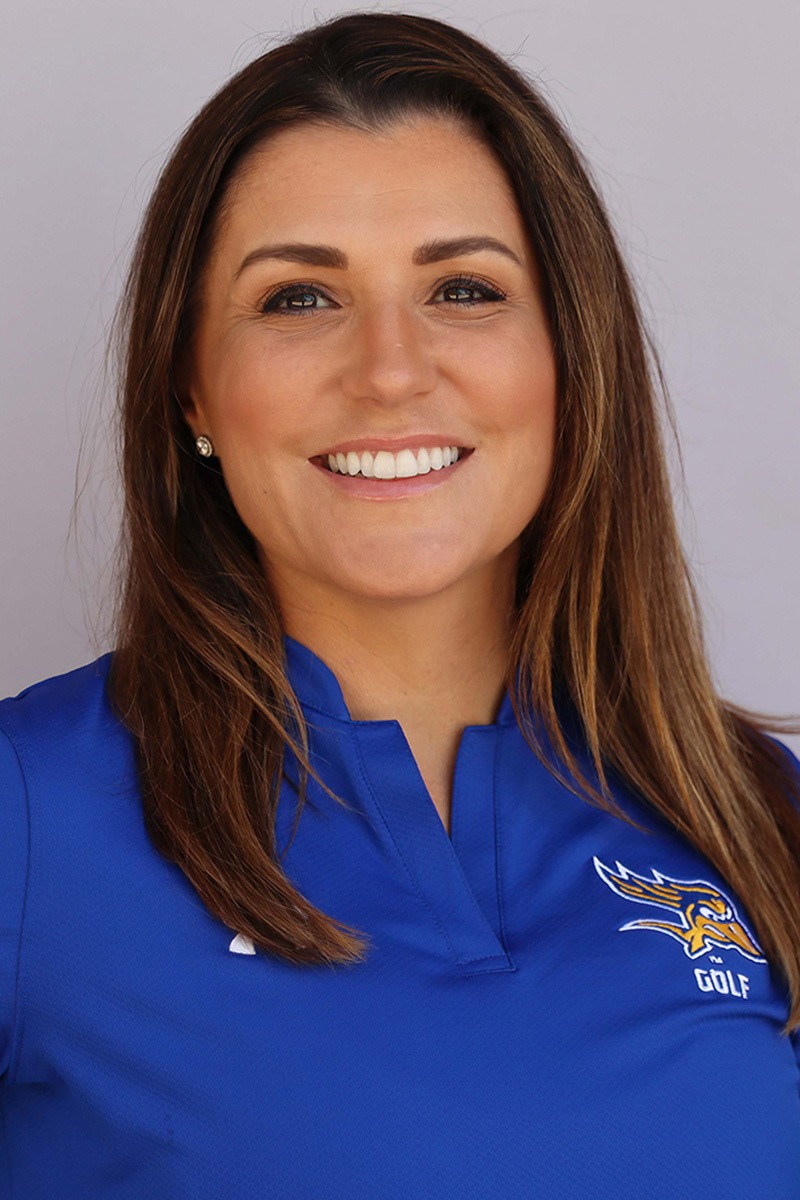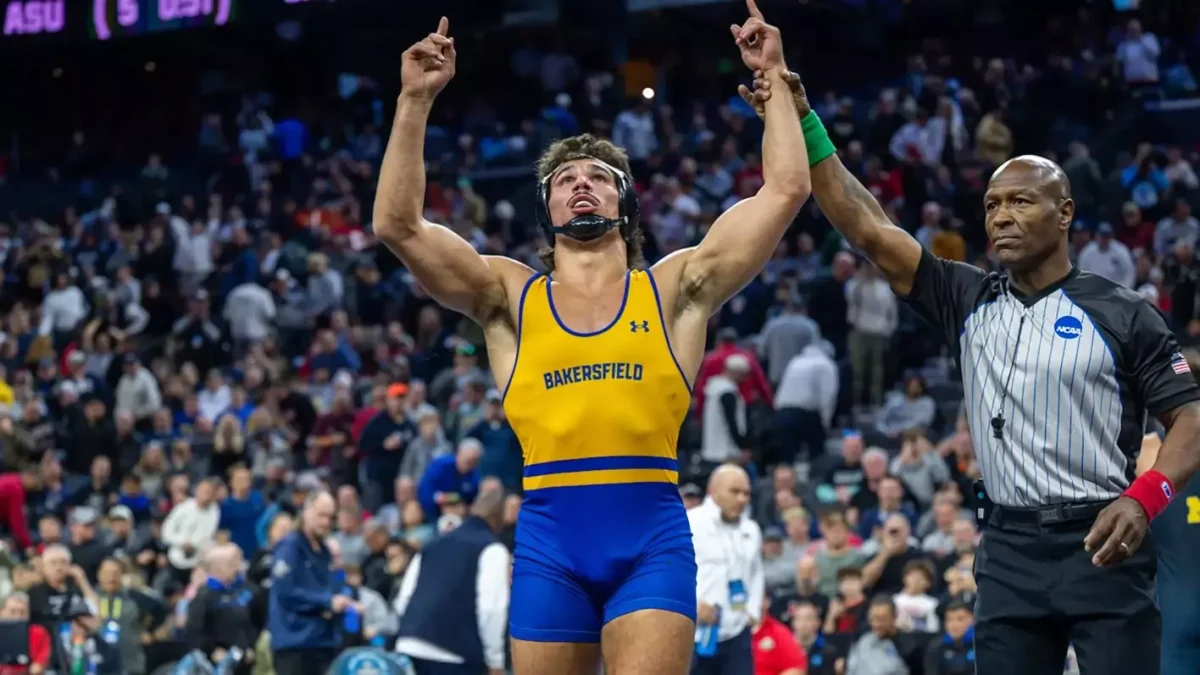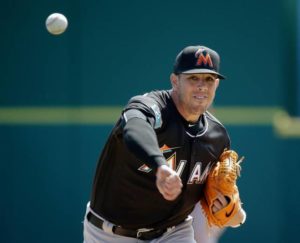
Reporter
The tragic death of Miami Marlins’ pitcher Jose Fernandez was a devastating blow that rocked the sports world and sent shockwaves throughout the nation. Fernandez, 24, was killed in a boating accident off the coast of Miami Beach along with two other men on the morning of September 25, 2016.
When I woke up that Sunday morning, I checked my phone, just like any ordinary day. When I saw the news, I couldn’t believe it. I didn’t want to. I felt sick to my stomach. My father called me later on to asked if I heard what happened, and I could hear the pain in his voice. I couldn’t help but cry.
Fernandez was born July 31, 1992 in Santa Clara, Cuba. He defected from the country at the age of 15 after three failed previous attempts. However, during the successful escape, a woman had fallen overboard from the boat. Fernandez immediately jumped into the water to save her only to realize that it was his mother. The two eventually settled in the Tampa, Fla., where Fernandez attended Braulio Alonso High School. Fernandez was later selected in the first round of the 2011 MLB draft by the Marlins.
Fernandez’s career got off to an unprecedented start. He debuted in 2013 at the age of 20. He was named National League Rookie of the Year that season. 2013 was also the same season that Los Angeles Dodgers rookie outfielder Yasiel Puig took the league by storm and somehow, Fernandez wasn’t overshadowed by that. Fernandez’s numbers from that season are impeccable. In 28 starts, he recorded a 2.19 earned run average and racked up 12 wins and 187 strikeouts in only 172.2 innings pitched. His numbers almost dwarfed those of Puig’s that season, and he won the award in a landslide vote.
Fernandez was off to another outstanding season in 2014 until he was sidelined with an elbow injury that required Tommy John Surgery in early May. Fernandez missed 14 months of action and returned July of 2015 and didn’t miss a beat. He finished the season with an ERA of 2.92 and 79 strikeouts in only 64.2 innings.
This season, Fernandez put it all together. He set multiple career highs, including wins (16), strikeouts (253), innings pitched (182.1) and strikeouts per nine innings (12.49). He was in contention for his first NL Cy Young Award this season.
And yet somehow, all of these numbers, as eye-popping as they are, feel so meaningless now. Fernandez was so much more than just an outstanding pitcher. He meant everything to the city of Miami, his native Cuba and the Marlins’ organization. The news of his death was felt through much more than just the baseball community.
The Marlins canceled their game that day versus the Atlanta Braves. The following day, September 26, 2016, the Marlins organization made the decision to retire Fernandez’s number 16 jersey. No Marlins player will ever wear that number again.
Later on, the Marlins played their first game since Fernandez’s death. The ballpark was filled with sorrow and raw emotion. His uniform number, 16, was painted on the back of the pitcher’s mound. Each Marlins player and coach wore Fernandez’s jersey that night with his name and number. The Marlins held a moment of silence before the game; followed by a special tribute by the players who surrounded the mound to pray as a team. The opposing team, the New York Mets also joined the Marlins on the field to offer their condolences.
Marlin’s second baseman Dee Gordon honored his friend and teammate by homering in his first at-bat to leadoff the game. Gordon was in tears as he crossed home plate. The Marlins went on to win the game 7-3. Following the win, each Marlins player and coach left their hat on the pitcher’s mound to honor Fernandez.
Although I wasn’t alive during the rise of Los Angeles Dodgers pitcher Fernando Valenzuela in the early 1980’s, my father and grandmother would tell me vivid stories of it. ‘Fernandomania’ as it was known, was a craze that swept the nation. Valenzuela, who is Mexican, was treated like royalty in Los Angeles. People would pack the stadium to see him pitch. It was like a party every time he took the mound. Fernandez had a similar impact on the heavily populated Cuban community in Miami.
The Cuban community in south Florida absolutely adored Fernandez. He was their beacon of hope. Fernandez was, in many ways, the epitome of the American dream. He had fled from an oppressed country, came to America with absolutely nothing and made himself. Fernandez represented the freedom that so many of his people had sought when they came to this country.
People were drawn to Fernandez. His personality was so engaging and genuine. He would always take time to sign autographs and give back to the community. Fernandez also played with a great deal of flare and flamboyance; the type that could people in the seats to watch the Marlins. Attendance rose by more than 30 percent when he pitched.
Fernandez had announced just days before that his girlfriend was pregnant with the couple’s first child via his Instagram.
On September 28, 2016, a public viewing was held for Fernandez in Miami. A motorcade transported the casket of Fernandez throughout the city. It made a stop at Marlin’s Park before arriving at the church where the services were held. Members of the Marlin’s organization, players and fans walked along the side of the hearse to pay their final respects. His name was chanted along the way. A formal memorial service was held the following day.
The sorrow felt of Fernandez’s death will not subside anytime soon. It is truly ironic that the ocean that gave him his life and freedom was also the same that took his life. Goodbye, Jose Fernandez and rest in peace.



